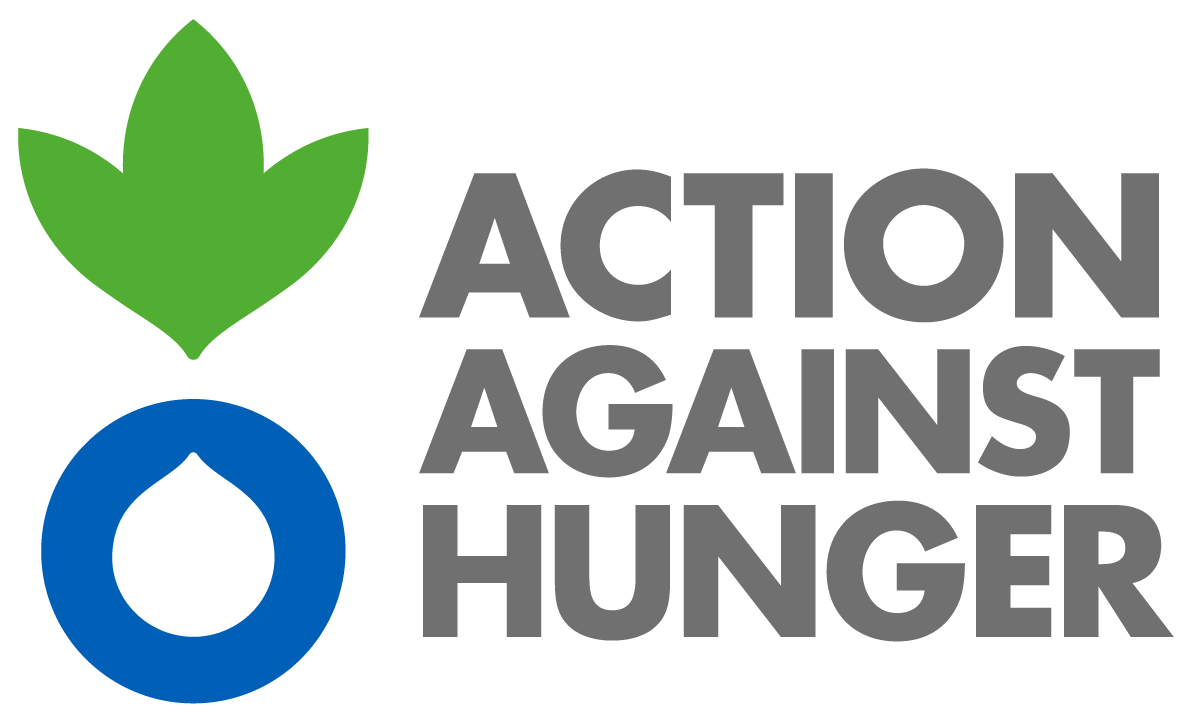A Long Journey Home
How Breastfeeding Support Saves Lives in Rural Uganda
When 21-year-old Sandra Achiro rushed her baby Faith to the health center, she didn’t think it could get worse. She was concerned about her child and desperate to find treatment. Little did Sandra know that her baby’s recovery was only the first step.
After her baby was discharged, Sandra was faced with breastfeeding challenges. The young mother’s journey had just begun.
A Trip to the Health Center
Sandra’s baby was born healthy — or so she thought. Not long after bringing her home, Sandra noticed her newborn started to look sick. Faith could not keep breast milk down and began vomiting after feeding. After only one month, she became weak and frail. Sandra turned to local herbs and medicine to treat her child. It was no use — the vomiting persisted.
In Uganda’s Kiryandongo District, where Sandra lives, it can be very hard to access health care. But Sandra was determined to find a solution to what plagued her child.
“She was healthy at birth, but started acting different afterwards,” Sandra said. “She grew thin and bony. My husband and I worried, suspecting witchcraft.”
Sandra visited a health center in Nyakadote, western Uganda, for Faith’s scheduled immunizations. There, the nurse raised concerns about the baby’s weight and referred them to Action Against Hunger nutritionists, who confirmed that the baby’s condition wasn’t normal. After several tests to determine the diagnosis, Sandra and her baby ended up in Lacor Hospital in Gulu. Faith was treated for a gastrointestinal illness and slowly recovered after two weeks of treatment.
For many new mothers like Sandra, postnatal care is out of reach. Uganda hosts the largest population of refugees in Africa. Displaced families seek refuge across the country, straining the already-underfunded humanitarian programs. From January to February 2024 alone, Uganda received nearly 25,000 new refugees, arriving from the Democratic Republic of Congo, Sudan, and other neighboring countries. The country is home to 1.6 million refugees, and over half (57%) are children.
The Kiryandongo District, where Sandra lives, has especially experienced a high volume of incoming refugees. This can exacerbate the cycle of poverty for many women like Sandra, and it can make it hard for mothers to receive extended health care, even after pregnancy. In Uganda, over 45% of the population is facing high levels of acute food insecurity.
Unexpected Challenges
Although Faith recovered quickly, the pair faced a new problem when they journeyed home. Due to the long break in breastfeeding, Sandra’s breast milk supply had dwindled.
“After being discharged, I was instructed to return to Nyakadote health center for follow-up,” she said. “My baby was okay, but my milk wasn’t coming anymore. The nurses there worked hard to help me restart breastfeeding. At first, I was skeptical of the new techniques they taught me. But after five days, my milk production started again!”
Breastfeeding remains a challenge for mothers across the United States. Problems can be influenced by many factors: issues with lactation, concerns about the baby’s nutrition, unsupportive work policies, lack of parental leave, cultural norms, little family support, or poor hospital policies. In Uganda, many mothers have no postnatal education or breastfeeding support.
Under Action Against Hunger’s MAMI program, young mothers like Sandra are taught similar techniques to sustain breastmilk production after pregnancy. This awareness is critical for families who have little to no access to other healthcare.
“My little one is almost seven months old now,” said Sandra, smiling. “I’m so grateful for the support from the nurses and the MAMI program. Bringing back my milk wasn’t easy, but their guidance made it possible. This experience taught me the importance of following advice and being proactive about my child’s health.”
Despite the stressors on Uganda’s healthcare system, Action Against Hunger’s teams teach young mothers how to keep themselves and their babies healthy. For newborns, proper breastfeeding techniques can be the difference between health and malnutrition, or even life and death. Sandra’s story is just one of the many that our teams encounter daily. Today, she and her baby are happy and healthy — but for the rest of Uganda, we still have a long way to go.
About the MAMI Program in Uganda
The Management of At-Risk Mothers and Infants (MAMI) program addresses a critical gap in infant nutrition care. It focuses on providing comprehensive support for small and nutritionally at-risk infants under six months old and their mothers.
The program goes beyond just treating the child. It provides support to mothers and their babies, as well as reduces infant mortality and malnutrition. Nearly 25,000 mother-baby pairs were screened for the program.
About Action Against Hunger
Action Against Hunger leads the global movement to end hunger. We innovate solutions, advocate for change, and reach 28 million people every year with proven hunger prevention and treatment programs. As a nonprofit that works across 55 countries, our 8,900 dedicated staff members partner with communities to address the root causes of hunger, including climate change, conflict, inequity, and emergencies. We strive to create a world free from hunger, for everyone, for good.
**
Photos by Diana Sharone Tumuhairwe
Written by Diana Sharone Tumuhairwe, with support from Kenneal Patterson





